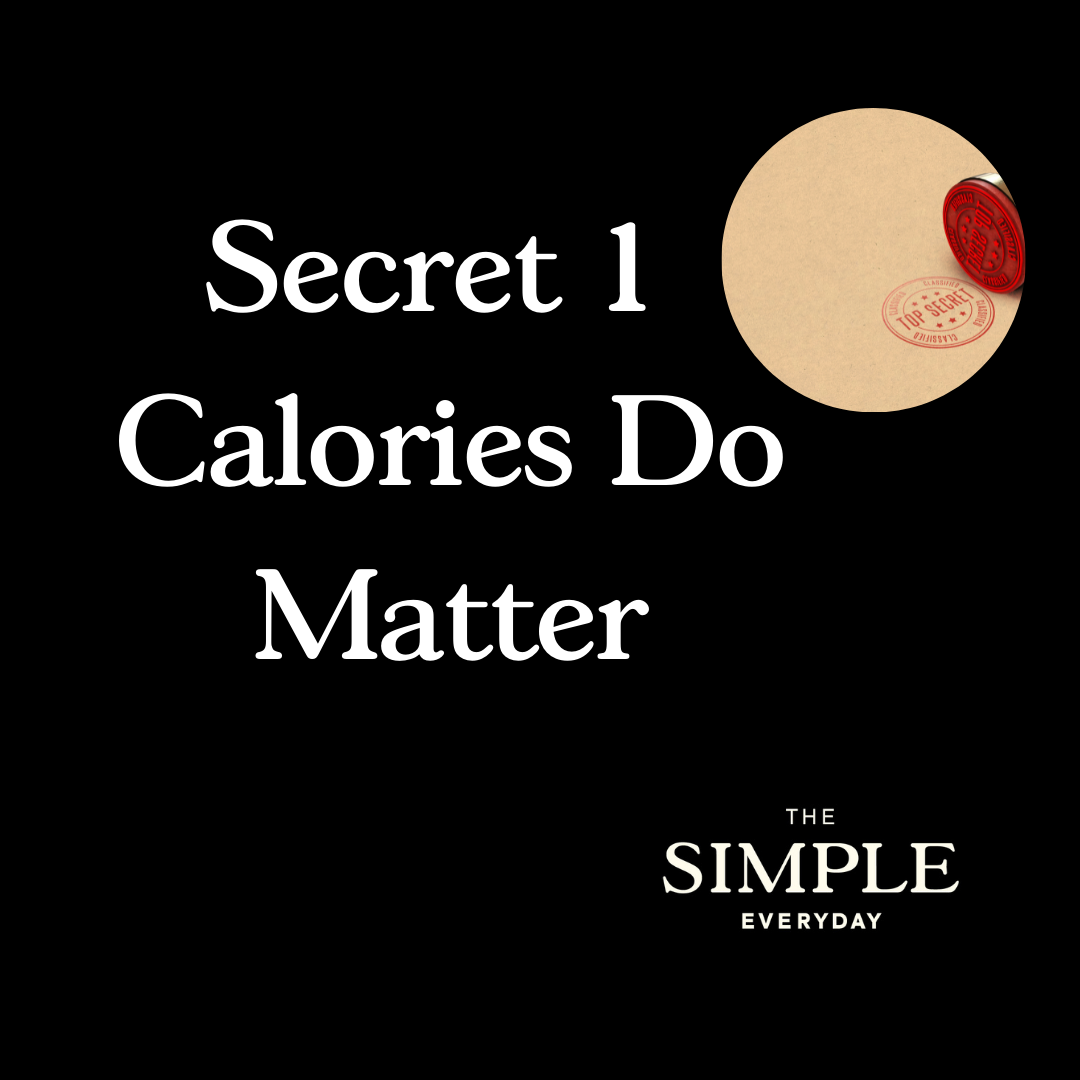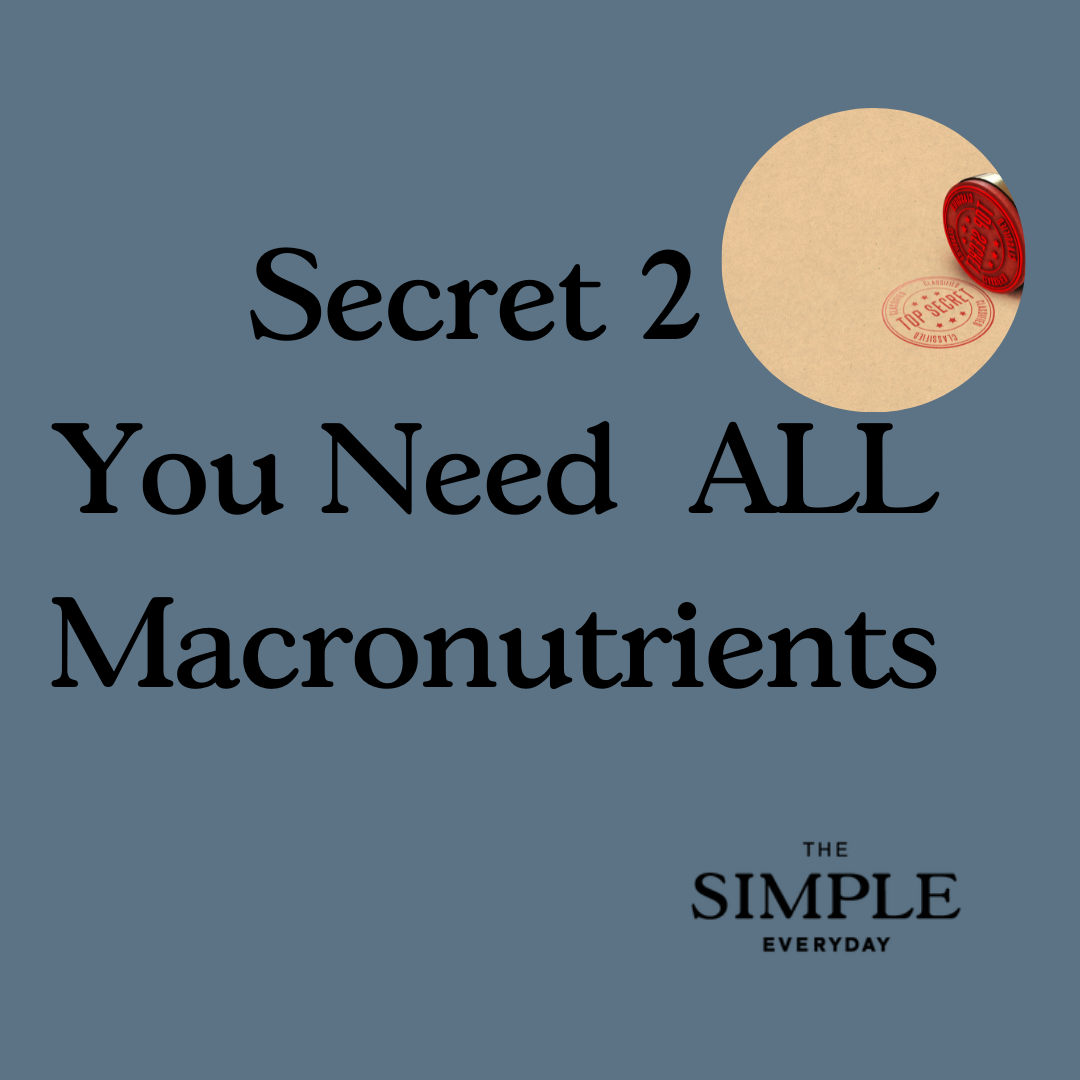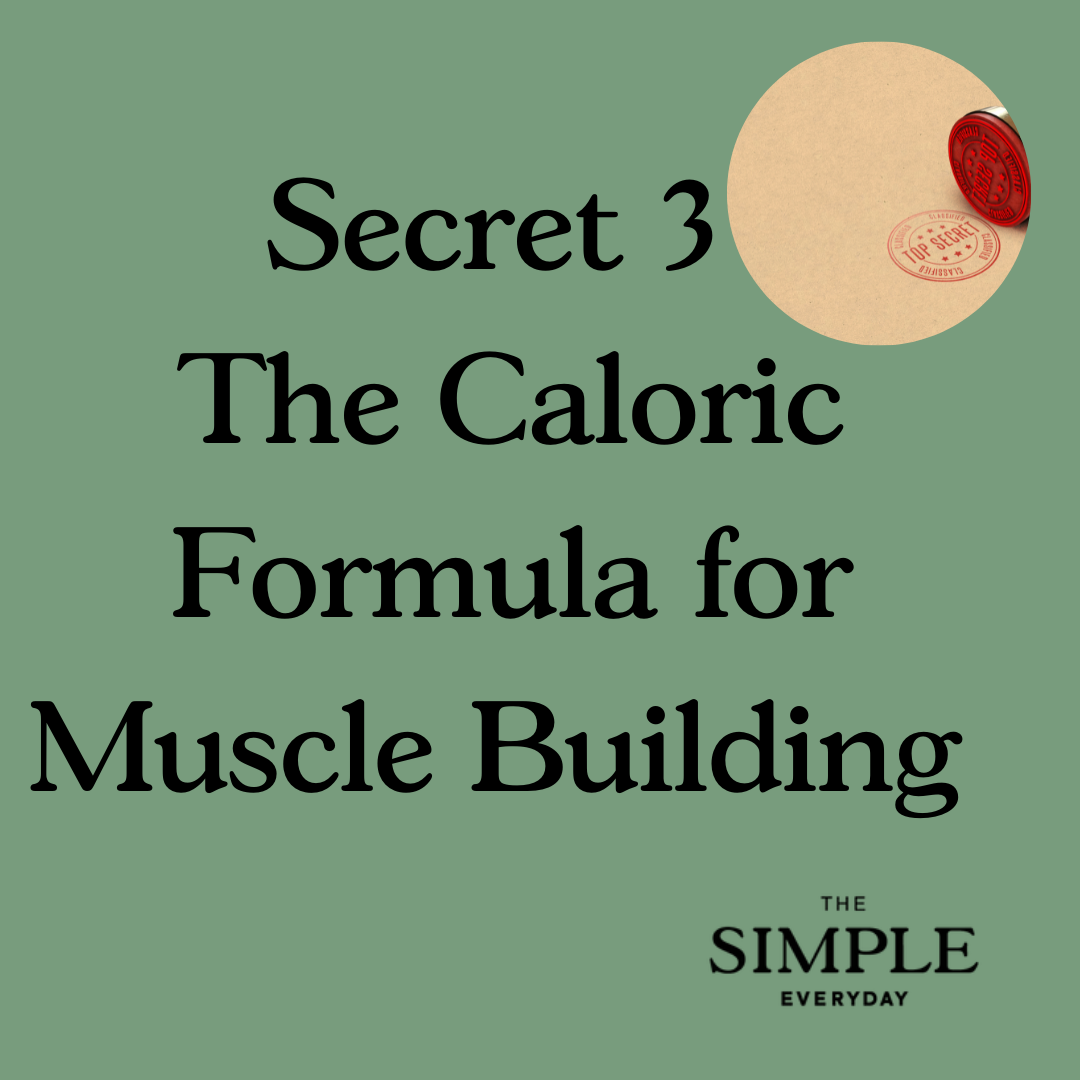It takes just a few seconds of searching on Google to find a vast diversity of views on most questions about the “best diet for strength”, “best diet for weight loss”, “best diet for health”. So how does a layperson sift through the plethora of information to find the best way to using nutrition to enhance body composition for strength, weight loss for general health?
Well, there is an answer. It’s called Evidence Based Science.
Science is the best method that humanity has come up with to reliably discover why and how things happen in the physical universe. Science brought us out of the dark ages, and it can also overhaul your understanding of your own body and the world around us.
Studying nutrition in humans is very complex and not easy to draw absolute conclusions. Science is not easy to understand and difficult to apply it for practical everyday life. However, understanding the following principles is a very good start to build a strong and resilient body which will allow you to enjoy life beyond into your 80th and beyond. These principle aka secrets have been tested and demonstrated scientifically.

Regardless if your goal is fat loss or muscle building ultimately, the calories intake is the most important element of success. It doesn’t matter what else you do. If you don’t create the correct caloric intake, you simply won’t achieve your goal, whether fat loss or muscle building.
- If you want to lose weight you need to be in “calorie deficit” aka eat less than what you consume.
- If you want to build muscles you need to be in “calories surplus”aka eat more than what you consume or “maintenance calories” aka eat exactly what you consume.
- The “deficit” or “surplus” shouldn’t be bigger than approximately 200 KCal of your “maintenance calories”.
- Maintenance calories = the amount of calories required to maintain your current body weight. A slow and sustainable approach for weight loss or muscle building is best for long-term improvements in body composition.

People are very confused about Macros. So let’s keep it simple: your body needs them All i.e. protein, carbs and fats. Each macro serves different functions in the body.
- Proteins are very complex structures containing amino acids. The amino acids that are liberated from the proteins we eat are 80% absorbed in the liver.
- However, protein synthesis occurs in most tissues of the body and for building strength, we are interested in the muscle protein synthesis aka MPS.
- MPS is a continual process in the human body. Hence, when it comes to protein timing, the data suggests you will get a better outcome if you spread most of your protein intake over three to five high-quality protein meals per day.
- It is recommended between 1.2 and 3 grams of protein per kilogram of lean body mass.
- As we age, our ability to synthesize new proteins declines. This increases the need for protein if we want to achieve similar levels of muscle protein synthesis.
- Recommendation is that the protein requirements increase by 1% per year over the age of 40.
- If you are a heading into menopause it’s important to keep your protein intake higher due to lowering levels of oestrogen, increasing the loss of lean muscle mass and strength!
- Carbs are not the enemy. Your body requires a certain amount of glucose to function. It is non-negotiable. Your body requires it and if you do not provide through the right food it will obtain it through breaking down muscles!
- Just like carbs, you shouldn’t fear fats. Without fats, cell membranes would not be able to maintain their integrity. Fat is also vital to creating many hormones, and to top it off… the human brain is about 60% fat! Those sound like pretty important reasons why fat is so important for human life in general.

The nutrition for muscle gain and fat loss have a lot in common.
- Total Daily Energy Expenditure (TDEE) = Basal Metabolic Rate (BMR) + Non-Exercise Activity Thermogenesis (NEA) + Thermic Effect of Food (TEF) + Exercise Activity (EA).
- MPS aka Muscle protein synthesis, the process of translating mRNA in muscle cells is always happening in the body.There’s no special anabolic switch you flick to start building muscle.
- Muscle protein is in a continual process of turnover. As you lay down new muscle proteins, you also break down old and damaged ones through a reciprocal process called muscle protein breakdown.
- This makes protein the most critical macronutrient for you to consider for you to achieve your desired body composition outcomes.

Sleep deprivation and stress have a strong negative impact on your body’s ability to lose fat and build lean muscle mass i.e. body composition
- There is emerging evidence that sleep deprivation (<5.5 hours of sleep per night versus eight and a half hours of sleep per night) demonstrated the group that was sleep deprived lost nearly half their mass from lean body mass while the group that was non-sleep deprived and had plenty of sleep lost the vast majority of their body mass from fat tissue.
- Sleep deprivation increases ghrelin, so it increases hunger. It also seems to decrease energy expenditure, plus it negatively impacts recovery from exercise, which may also change which tissues are preferentially lost during a deficit.
- Minimizing stress is also important. People who do well with stress are people who acknowledge it exists. They don’t try to pretend it’s not there, but they also don’t let it dominate their thoughts.


